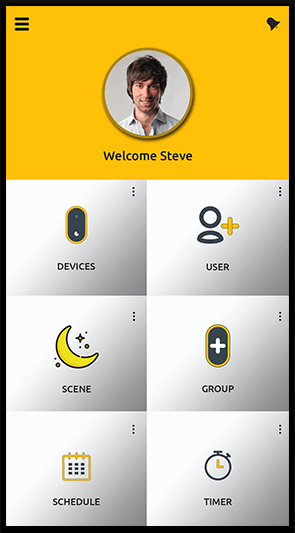A GPS tracker is a device that uses the Global Positioning System (GPS) to determine the precise location of an object or person. GPS tracking devices can be small and discreet or large and designed for specific applications, such as vehicle tracking, personal tracking, or asset tracking.
GPS trackers work by using a network of satellites in orbit around the Earth to determine the location of the tracker. The tracker receives signals from multiple GPS satellites and uses the information to calculate its precise location. This location data is then transmitted to a central server or device, where it can be viewed and analyzed by the user.
GPS trackers can be used for a wide range of applications, including fleet management, asset tracking, personal safety, and location-based marketing. They can be used to monitor the movement of vehicles, track the location of valuable assets, and provide real-time location data for emergency responders.
While GPS tracking technology has many practical applications, it also raises concerns about privacy and surveillance. Some people may feel uncomfortable with the idea of being constantly tracked, and there are concerns about how GPS data may be used by law enforcement or other organizations. As with any technology, it is important to consider the potential risks and benefits before using a GPS tracker.
